Tools for Survivors
Have you experienced medical abuse or lost your right to make choices about your reproductive health? If you're interested in sharing your story, click here. Additional resources are below.
BACKGROUND
If you are a survivor of forced sterilization, you are not alone. Throughout the country and the world, over the past few decades, thousands of pregnant women, persons with disabilities, HIV/AIDS patients, and other vulnerable have been victim to modern-day eugenics in many states across the country, and around the world.
In 1909, California passed a racist, eugenicist law authorizing involuntary sterilization, resulting in the most active program in the nation’s history and the sterilization of more than 20,000 people. The state’s program targeted persons incarcerated in state institutions and lasted until 1979. Research indicates that the practices disproportionately impacted Latina women and girls.
Despite uncovering these atrocities, abuses persist today. In August 2020, whistleblower Dawn Wooten, a long-time nurse, reported practices leading to an investigation of a pattern of nonconsensual gynecological procedures, including hysterectomies, performed on detainees at the Irwin federal immigration detention center in Georgia.
In Nashville, Tennessee, between 2010 and 2015, prosecutors had used sterilization to bargain in plea deals with female defendants. Between 1974 and 1979, the state of North Carolina sterilized more than 7,600, including mentally challenged persons, resulting in successful litigation and a $10 M fund for survivors in 2014. In 2019, South Africa's Commission for Gender Equality (CGE) uncovered sterilization procedures targeting Black women who were mostly HIV positive. And in recent years, Virginia deprived as many as 8,000 mentally ill, epileptic and other vulnerable citizens of their ability to conceive children. It has not yet addressed these grievances beyond Governor Werner’s apology in 2002.
The record reveals that these abusive practices extend beyond prison walls. They are not confined to one area or demographic group. Forced sterilization and the other practices that deprive persons of the right to make choices about their reproductive lives have impacted tens of thousands of vulnerable persons. In most cases, survivors are still seeking their right to redress for the suffering they have endured.
SUPPORT THE CALIFORNIA REPARATIONS BILL
Would you like to get involved with the fight for reparations for survivors for forced sterilization?
We are working with California Latinos for Justice (CLRJ), California Coalition for Women Prisoners (CCWP), Disability Rights Education and Defense Fund (DREDF), and Back to the Basics Community Empowerment (B2B) to advance AB 1007 in the California Senate. The bill would provide reparations to survivors of forced sterilization in California State institutions and prisons, who were overwhelmingly people with disabilities, Black people, Latina/os, women, and poor people. The proposal would also require placement of plaques at designated sites that acknowledge the forced sterilization of thousands of Californians, and a traveling historical exhibit and other educational opportunities about eugenics law in the state. Learn more about the bill here, and take action below.
Uplift AB 1007 on social media
Call Assemblymember Lorena Gonzalez to voice your support
Want to stay up-to-date on the bill?
Email cmyers@dredf.org to join the email list
HEALING AND JUSTICE
Our partners, and many other organizations, are working to heal those identifying as women and their communities from traumatic health practices and reproductive injustice. The following list may serve as a starting point if you are seeking connection, rehabilitation, and care within a frame that recognizes your right to equality and justice.

